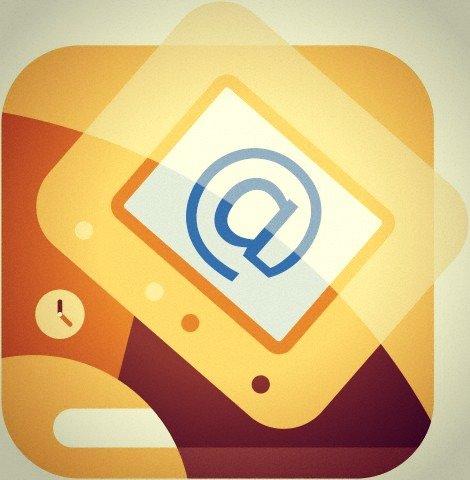Mailbox. Tons of emails every day. It is not surprising that sometimes important messages are lost among the general gray mass. In electronic correspondence, it would be good to introduce rules like traffic rules, for example. So that everyone follows them. If these basic conditions were met, it would be much more pleasant to read mail, and process it much faster.
First of all, we pay attention to the subject of the letter. It is through it that you can understand what will be discussed next. The subject should briefly state the essence of the letter or the problem — literally in a few words. At the same time, any questions in the topic are not allowed.
Being creative about writing a topic is not just important, but necessary. Don't be afraid to be creative! This way you won't get lost among thousands of standard gray letters that are dumped into each mailbox by the ton. This increases the chances that your letter will be noticed, read and remembered. Also, the letter will be much easier to find if it is needed in the future.
Maximum 3-4 paragraphs. E-mail is not for long boring texts. The slogan is "brevity is the sister of talent". And it's not even in a hurry. Just think for yourself: who will read 14 paragraphs of boring text on an uninteresting topic?
Write less, but better . Pay attention to punctuation and grammar. So the chances that your letter will be interested in are significantly increased. And if a person needs it, he will contact you personally to clarify some points.

By mail, you can solve all your questions promptly. But this rule does not always apply. It often happened that you can't go to bed because you suddenly received a letter from a colleague who urgently needs to solve some issue. And the worst thing is that until you solve the problem, you will not go to sleep. Yes, of course, the sooner the problem is resolved, the better. But since when has email become a panacea for all problems?
Of course, if there is no other way to solve the problem, then keep writing. However, after typing a couple of paragraphs, ask yourself: and will an email solve all the problems?
In fact, in most cases we write for ourselves. Why? Yes, because not everyone can master an opus of 17 paragraphs. The fact is that when we respond to an email, we want to do it as quickly as possible. And we constantly do what we look at the "send" button. Have you ever wondered if your interlocutor will read and understand all that you have written?

The more we generate text, the more we get confused ourselves. Logic is lost, thoughts are confused. With each paragraph, the illogicality of what is written increases.
Checking the text, or rather, rereading it before sending it is very important. Only after that the letter can be considered ready.
The last thing to do is to sign the letter. With respect? Yours sincerely? Which is better? Maybe it's better without a signature at all. What do you think?
No way without a signature. An email — that's why it's electronic — can in no way replace live communication. Simple phrases can be interpreted inaccurately and become overgrown with completely different meanings that were not originally laid down in them.
The signature is a reminder that we are still communicating with a person. He is a person, and his letter is worthy of attention.
Read and write emails! If you follow the basic rules of composing emails, checking mail can be much more fun than you think.
Best regards, Maria V.